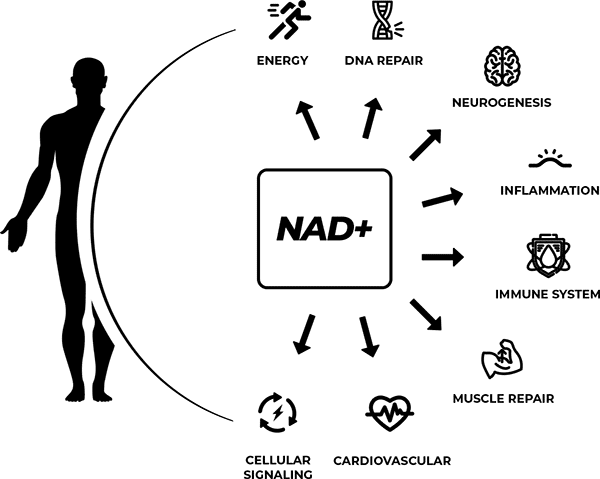The proper digestive system function depends on several factors. One factor which is recognized to be a common source of digestive problems is that of dysbiosis, or in other words improper microbial species growing in the system.
While bacteria cause rapid illness is present in most areas of the body, in contrast, in the digestive system one relies on certain bacterial populations growing in just the right areas in order to produce clotting factors, synthesize B vitamins, and perform other normal functions. A given individual with a healthy gut will have 400-800 different species of bacteria in the intestines, of some 1300 possible. In addition to the other functions listed, these healthy flora bacteria competitively inhibit the growth of undesirable bacteria, parasites and yeast organisms.
People with IBS, Crohn’s and ulcerative colitis have disordered gut flora, which contributes to or is the cause of their disorder. Candida overgrowth is the most common situation. SIBO (small intestinal bacterial overgrowth) and parasites are much less commonly the sources.





